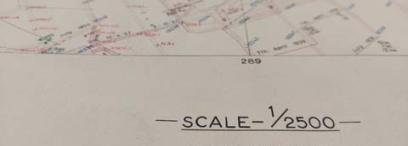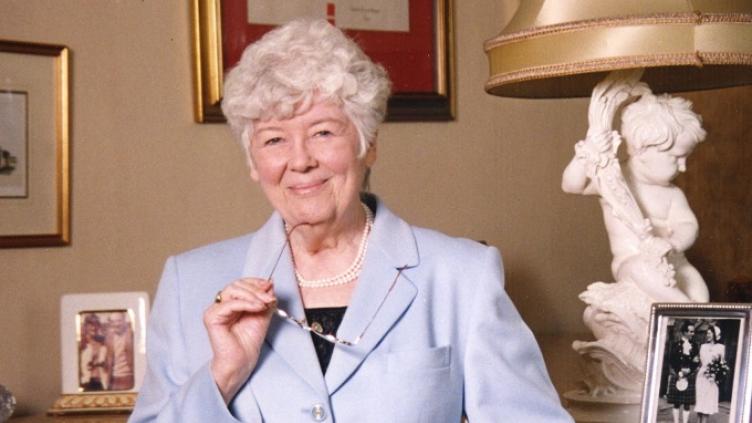ScotlandsPeople has released online images of almost 200,000 births, deaths and marriages. You can search for, view and save images of all of them on the ScotlandsPeople website.
The newly available records consist of 98,554 Scottish births in 1918, 38,271 marriages in 1943 and 63,311 deaths in 1968.
The year 1918 saw the second-lowest number of births recorded in Scotland since Statutory Registration began in 1855, following the lowest recorded total in 1917. The 98,554 births registered during the year reflect a marked difference to the highest number ever recorded – 133,525 in 1913. This drop in births was a side-effect of the four years of the world war which came to an end in November 1918.
Of the children registered, 50,373 were male, and 48,181 female. Of the total 95,810 were single children, 2,714 were twins and 30 were triplets. The registrars also recorded 7,854 of the births as ‘illegitimate’, meaning born to parents who were not married.
The year 1918 also saw the arrival of four babies who would grow up to be Scottish literary stars. The brightest female arrival was the future novelist Muriel Spark.
;
Image

Birth entry of Muriel Camberg
National Records of Scotland, Statutory Register of Births, 1918, 685/6 91
;
Muriel Sarah Camberg was born on 1 February 1918 in Edinburgh, the daughter of Bernard Camberg, an engineer, and his wife Sarah Uezzell. She was educated at James Gillespie’s School for girls, which helped inspire the school at the centre of her most famous novel ‘The Prime of Miss Jean Brodie.’ As a young adult, Muriel took a course in ‘commercial correspondence and précis writing’, taught English and worked in a department store.
She began writing poetry and literary criticism under her married name, Muriel Spark, after the Second World War. In 1937 she had married Sidney Oswald Spark, and moved to Southern Rhodesia, where her son Samuel Robin was born. After discovering her husband was prone to violent outbursts, she left him and later they divorced. Spark moved to London where she edited the ‘Poetry Review’ in the late 1940s, one of the few women editors of the time.
Her first novel ‘The Comforters’ was published in 1957, three years after she converted to Roman Catholicism. Her father was Jewish but her mother was a Presbyterian and raised Muriel in the protestant faith. ‘The Prime of Miss Jean Brodie’, which followed in 1961, was so successful that it was adapted for stage, TV and film. It tells the story of the five schoolgirls taught by Miss Jean Brodie in a fictional Edinburgh school.
In 1967, after several years in America, Spark moved permanently to Italy. She was awarded many honorary degrees, including in 1995 a doctorate from Heriot-Watt, where she had studied précis. Her later works included ‘The Driver’s Seat’ (1970), ‘The Only Problem’ (1984), and ‘The Finishing School’ (2004). She was made a Dame of the British Empire and a Commandeur des Arts et des Lettres (France). She died at her home in Tuscany on 13 April 2006.
Other Scottish poets and writers who were born in Scotland in 1918 include William Sydney Graham, Maurice Lindsay and Tom Scott.
William Sydney Graham was born in Greenock, the son of a marine engineer. He changed the spelling of his middle name from Sidney to Sydney. After school and an apprenticeship in engineering, he studied literature and philosophy at Newbattle Abbey College, near Edinburgh. He worked for a time as a wartime munitions engineer, and also began to write, influenced by James Joyce and others. His intense and rich poetic output combined radical influences and lyrical expression. From 1944 onwards he mainly lived in Cornwall, writing several admired volumes of poems and gaining a reputation as a bohemian. He died in 1986.
John Maurice Lindsay was born in Glasgow to a comfortably-off middle class family, and became an influential editor of anthologies of Scottish poetry and prose, a writer on many aspects of Scottish culture, and the first compiler of the ‘Burns Encyclopaedia’ (1959), which continues to this day. He also wrote well-regarded collections of poems. He died in 2009.
Thomas McLaughlin Scott was born in Partick, Glasgow, the son of a shipyard boilermaker and a shop assistant. His father was made redundant and moved his family to St Andrews, where the teenage Tom Scott was encouraged by the eminent zoologist D’Arcy Thompson. After wartime service in the Army Pay Corps, he developed his voice as a poet in Scots, and pursued academic studies at Newbattle Abbey College and Edinburgh University. In addition to publishing his own poems, he edited both the Oxford and Penguin books of Scottish verse. He died in Edinburgh in 1995.


